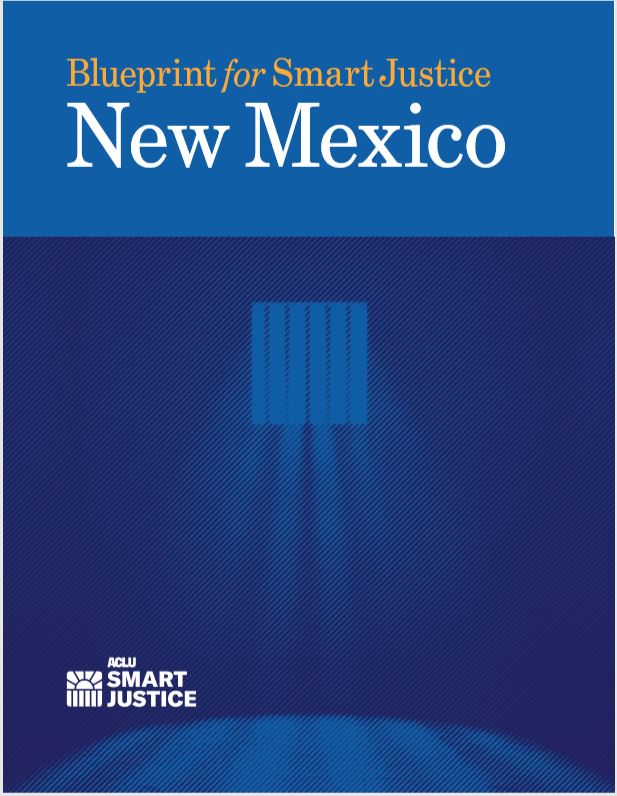With increasing frequency, we are seeing businesses and healthcare institutions claiming a right to discriminate — by refusing to provide health care and other services to women and LGBTQ people — based on religious objections. The discrimination takes many forms, including:
-
Businesses, like bakeries, convenient stores, exercise studios, and photography shops, refusing to serve LGBTQ people or their children.
-
Religiously affiliated hospitals refusing to provide birth control, sterilization, or even emergency abortion care to women who are in the midst of miscarriage and require immediate medical intervention.
-
Religiously affiliated health care providers failing to provide patients with complete medical information because of religious objections to certain kinds of care.
-
Pharmacies turning away women seeking to fill birth control prescriptions or to transgender people seeking to fill prescriptions for hormones.
Through litigation, advocacy and public education, the ACLU of New Mexico works to defend the rights of everyone to believe and worship as they wish and to ensure that no one is either discriminated against or denied services because of someone else’s religious beliefs.
If you have experienced any of these forms of discrimination, we want to hear from you. We are collecting facts to help our advocacy — and in some cases to pursue legal action — to ensure that women and LGBTQ individuals are not denied services, information, or health care because of the religious views of health care providers, business owners or employers. Please take a few minutes to tell us your story.

